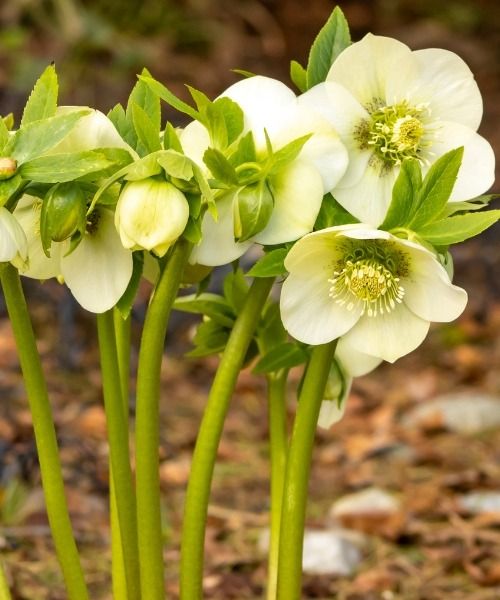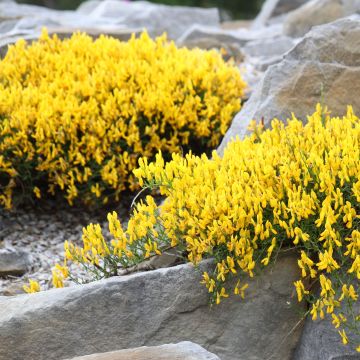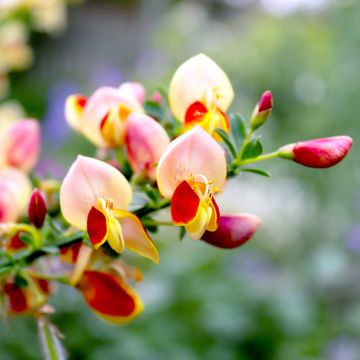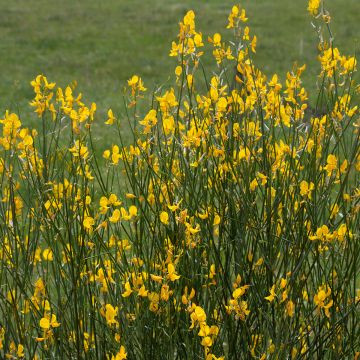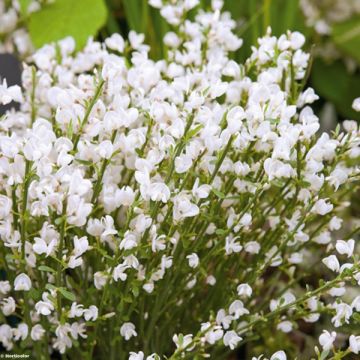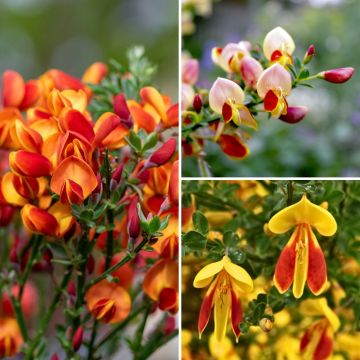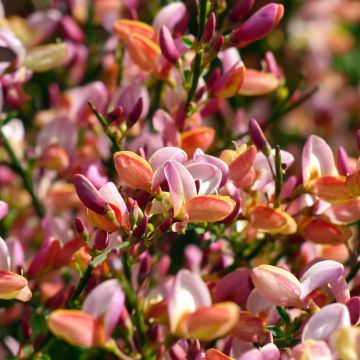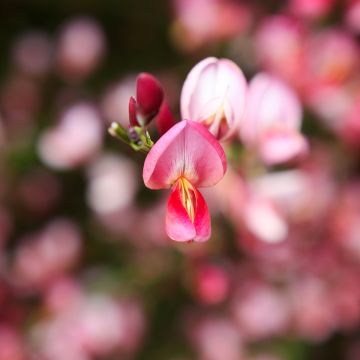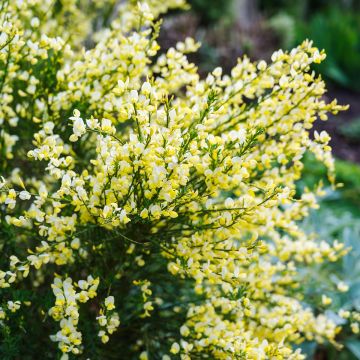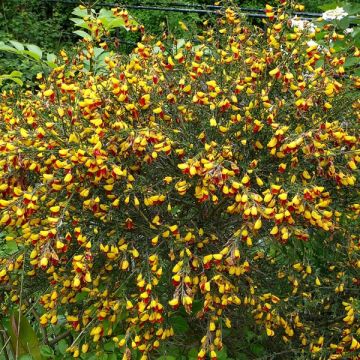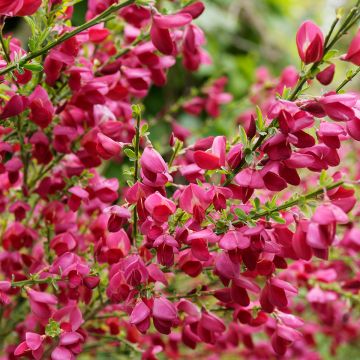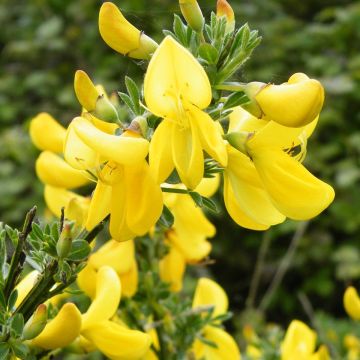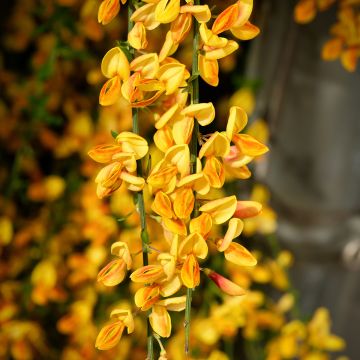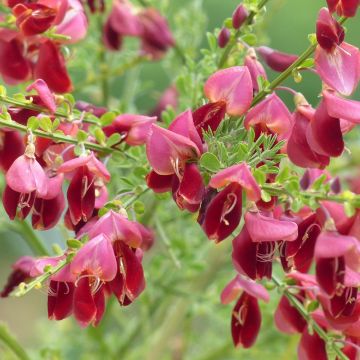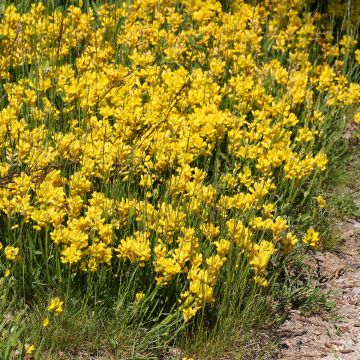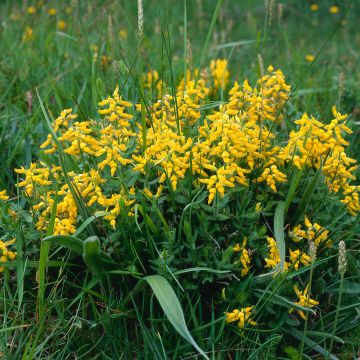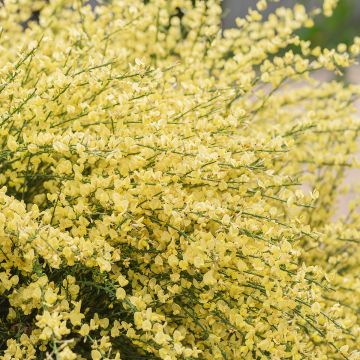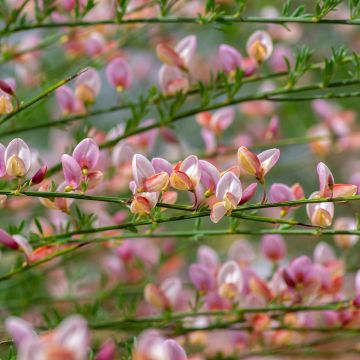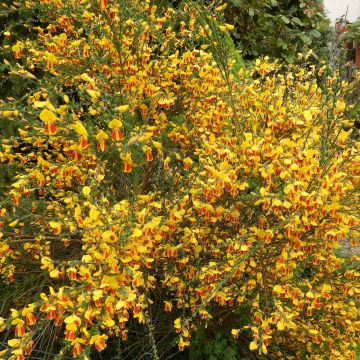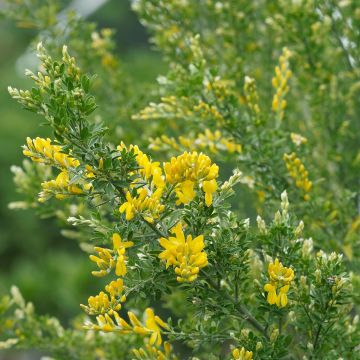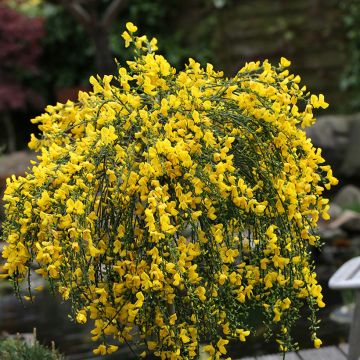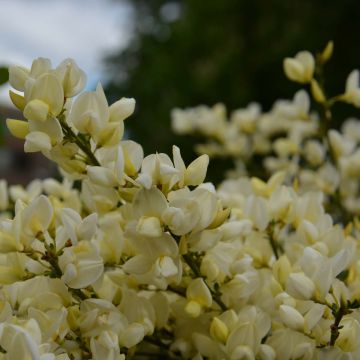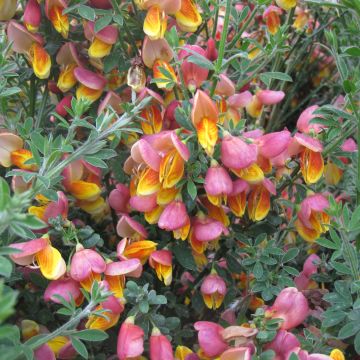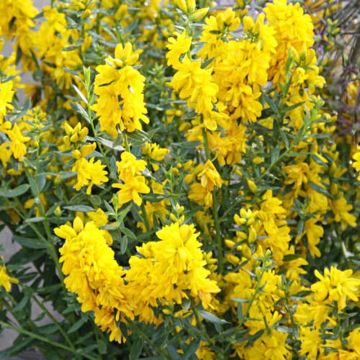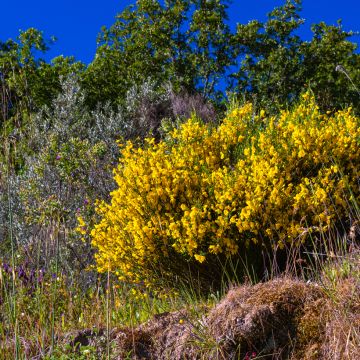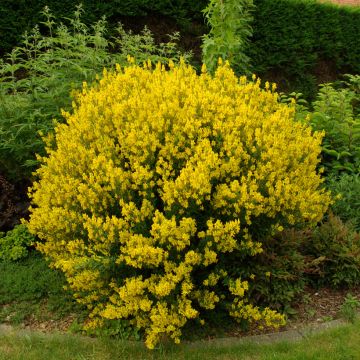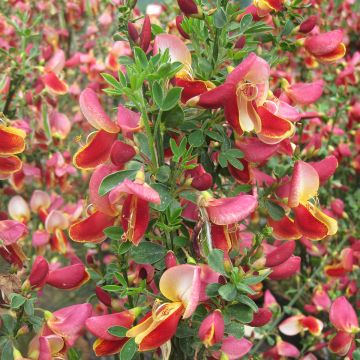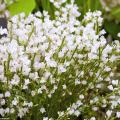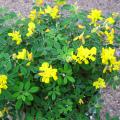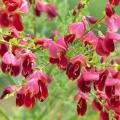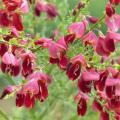Hardy Brooms
Does this plant fit my garden? Set up your Plantfit profile →
Available in 4 sizes
Available in 2 sizes
Available in 2 sizes
Available in 1 sizes
Available in 1 sizes
Available in 0 sizes
Available in 2 sizes
Available in 2 sizes
Available in 1 sizes
Available in 2 sizes
Available in 1 sizes
Available in 1 sizes
Available in 1 sizes
Available in 1 sizes
Available in 1 sizes
Available in 1 sizes
Available in 1 sizes
Available in 2 sizes
Available in 1 sizes
Available in 1 sizes
Available in 1 sizes
Available in 1 sizes
Available in 1 sizes
Available in 1 sizes
Available in 1 sizes
Available in 1 sizes
Available in 1 sizes
Available in 1 sizes
Available in 1 sizes

Available in 1 sizes
Available in 1 sizes
Available in 1 sizes
A selection of hardy brooms, adapted to harsh winters, resistant to a minimum of -15°C (5°F). They can be found among the Cytisus, notably Cytisus scoparius or broom bush, the Genista such as Genista 'Porlock', not forgetting the Spanish broom Spartium junceum. These are very resistant bushes that are not afraid of cold, heat, or poor soils. Comfortable in these difficult situations, abandoned by many shrubs, they enchant spring and summer with their brightly coloured flowering, mostly yellow. Brooms' flowering is honey-producing, emitting a scent that can be light or quite strong, depending on the varieties. They come in all shapes, for all uses: ground cover like the Lydia broom Genista lydia, cushions like Genista tinctoria 'Royal Gold' or G. cinerea, creeping like Cytisus decumbens, or spherical and bushy like the many varieties of Cytisus scoparius with shimmering colours. Spreading or prostrate brooms will be highlighted on a slope, in a large rockery, in a large border, or at the front of beds. Taller bushes easily integrate into a small hedge or shrub bed. These plants require well-drained, acidic to limestone soil depending on the species and varieties. Always choose a sunny exposure.
The broom is a generous but frugal bush that generally thrives in poor and fairly dry soils in summer. It deserves a prime spot in the garden. It can be associated with numerous shrubs with foliage for a spring-flowering or a staggered flowering.
Haven't found what you were looking for?



































